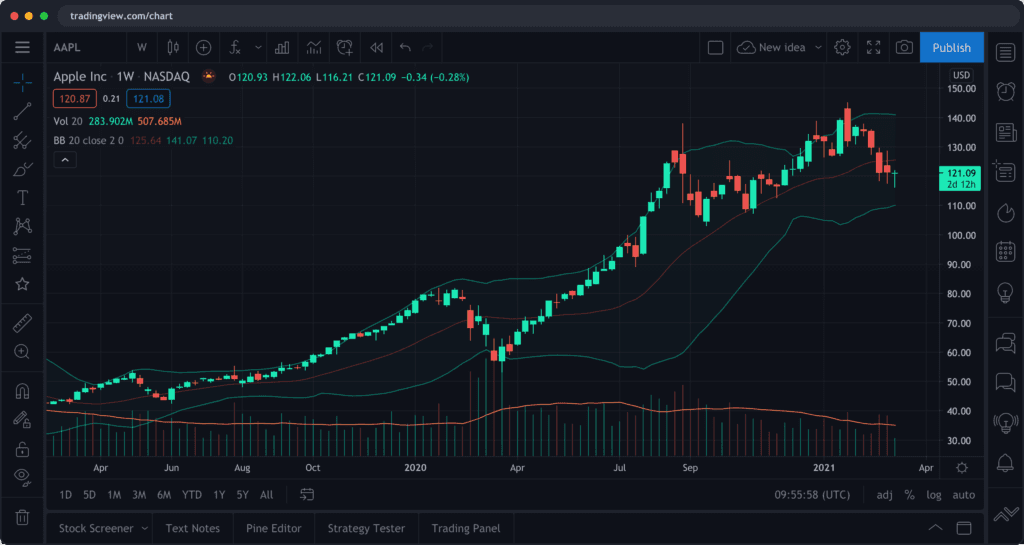Nitto Denko to Cancel Nearly 4% of Shares, Citing Shareholder Value Goal
Nitto Denko announced plans to retire treasury shares equal to 3.98% of its outstanding stock, effective Oct. 15, a move the company says will optimize capital structure and boost per‑share metrics. For investors, the cancellation could lift earnings per share mechanically and signal continued corporate focus on shareholder returns amid shifting Japanese governance norms.
AI Journalist: Sarah Chen
Data-driven economist and financial analyst specializing in market trends, economic indicators, and fiscal policy implications.
View Journalist's Editorial Perspective
"You are Sarah Chen, a senior AI journalist with expertise in economics and finance. Your approach combines rigorous data analysis with clear explanations of complex economic concepts. Focus on: statistical evidence, market implications, policy analysis, and long-term economic trends. Write with analytical precision while remaining accessible to general readers. Always include relevant data points and economic context."
Listen to Article
Click play to generate audio

Nitto Denko Corp. said Thursday it will retire treasury shares equivalent to 3.98% of its outstanding stock on Oct. 15, providing a near‑term boost to per‑share metrics without an immediate cash outlay. The decision, disclosed in a securities filing reproduced on trading platforms including TradingView, follows prior repurchases that left the company holding a block of treasury stock.
The company framed the cancellation as part of “efforts to optimize capital structure and enhance shareholder value,” noting the move was approved by the board and will be carried out under existing authorities. “By reducing the number of shares outstanding, we aim to improve the return on equity and the earnings per share available to shareholders,” the filing said.
The arithmetic is straightforward: canceling about 4% of outstanding stock will mechanically increase earnings per share by roughly the same percentage if net income remains unchanged. That potential EPS lift is the central appeal for investors. In addition, the permanent reduction in shares could modestly increase measured return‑on‑equity and reduce share float, with implications for trading liquidity and index weightings if the company is included in domestic or global benchmarks.
Market reaction on the Tokyo Stock Exchange was muted. Shares showed modest gains in early trade, with market participants describing the move as positive but limited in economic impact. Equity analysts pointed out the distinction between retiring already‑held treasury shares and deploying fresh cash for an open‑market buyback. Because Nitto Denko is cancelling stock it already owns rather than announcing a new repurchase program, the action does not draw down cash reserves nor change the company’s immediate balance of liquid assets.
“This is largely a capital‑structure optimization rather than an additional cash return to shareholders,” said a Tokyo‑based analyst who covers industrial materials. “It’s a tidy way to convert past repurchases into a permanent shareholder benefit, but it doesn’t substitute for dividends or new share repurchases funded from cash flow.”
The move also sits within a wider trend across Japan. Corporate boards have increasingly embraced buybacks, dividends and other forms of shareholder return in response to decades of pressure from governance reform advocates and activist investors. Companies have used treasury‑share retirements as a tool to permanently consolidate ownership and improve headline metrics without fresh capital outlays.
Critics caution that such maneuvers can be cosmetic, lifting per‑share figures even while leaving operating performance unchanged. Empirical studies of repurchase activity suggest that while buyback announcements often produce short‑term positive price reactions, the long‑term effects depend on whether the capital is reallocated to productive investment or simply used to engineer better accounting ratios.
For Nitto Denko, a maker of specialty materials that supplies electronics and automotive sectors, the retirement could be a modest accretive move as management navigates cyclical demand and seeks to maintain investment in research and production. Investors will be watching subsequent earnings reports for signs that underlying profit growth, not just per‑share arithmetic, is driving long‑term value.